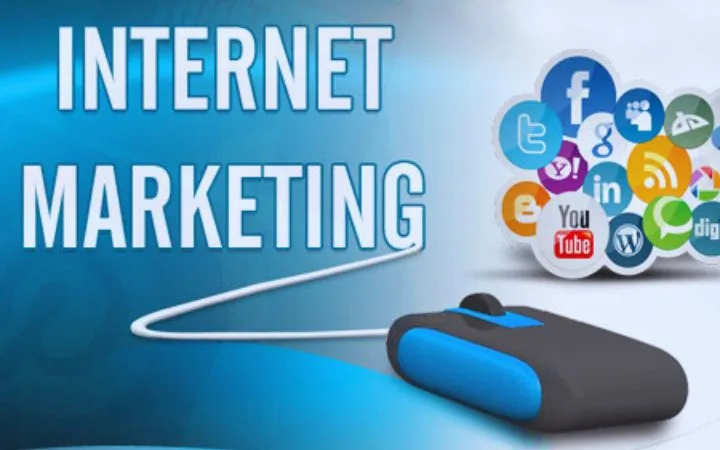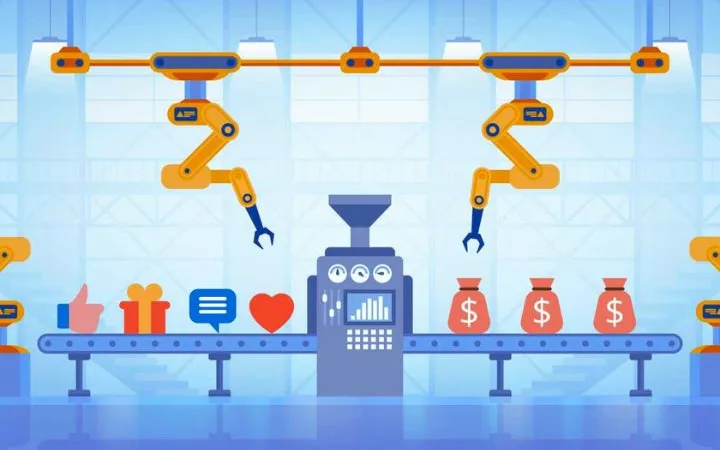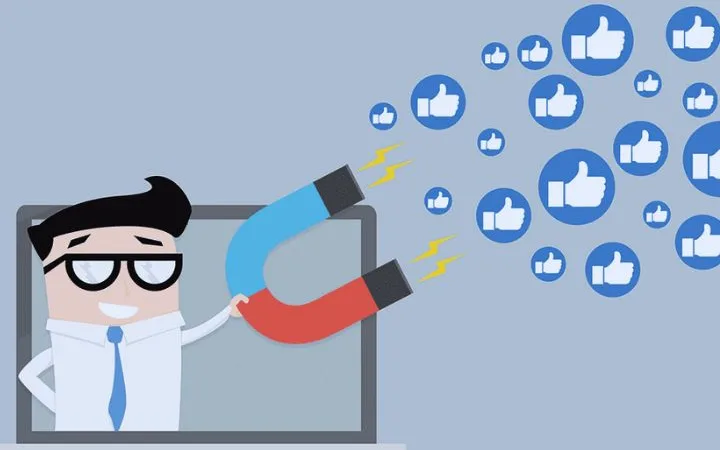What Is Affiliate Marketing And What Potential Does It Offer To Businesses?

Affiliate marketing is a branch of online marketing , which has gained great importance in recent times. That is why we dedicate our own article to this question, addressing the following aspects:
Table of Contents
What Is Affiliate Marketing? Definition:
- With “affiliate” we mean a “related company” or also a “partner”, which already allows you to more or less guess what is important in an affiliate system is a business collaboration.
- In affiliate marketing, the “affiliate”, also often referred to as a “publisher,” is in charge of selling advertising space on your website to a business. The affiliate refers the visitors of his page to that of the company in question through a link. This company is in turn designated “advertiser” or “merchandiser” and is the one who provides the advertising material (images, text, etc.) to the affiliate.
- These affiliates are business partners of the firm in question and receive a reward based on success and this is, from my point of view, the big difference between affiliate marketing and the purchase of advertising or classic banners : in the purchase of A banner the company pays for the mere fact that this advertising is shown and also for the clicks that are made on it (for example, on Google).
- In affiliate marketing that alone is not enough for the affiliate to receive their commission. Affiliates are paid only when the referred user takes a subsequent action on the company’s website, for example a purchase. In contrast to the mere display of advertising, here quality is valued more than quantity.
- In many definitions of affiliate marketing, these systems are referred to as “partner programs” because the advertiser and the affiliate have common interests: they both capitalize on the success of the other. One of the best known and most famous partner programs is Amazon, in which affiliates receive different commissions depending on the product purchased, for example, 3% in the case of computers or 5% in shoes. The affiliate not only wins with the product they promote, but with the entire shopping cart of the referred customer. In addition, it is sufficient for the referred customer to put the product in the basket within 24 hours of clicking the link and to place the order containing the product within 89 days.
- To this day, there are a large number of pages on the web that make money with the Amazon partner program. An example would be , a blog that reviews gins; In each of the evaluations, the corresponding links have been placed that forward the user to the corresponding products on this portal.
- These links are called affiliate links and usually contain a code that allows you to track which page you have sent to the user. This also ensures that the correct affiliate receives their payment. Affiliate links can be inserted in texts, images, etc.
Also Read : 5 Key Trends That Will Shape Email Marketing In 2021
Commission Models, How Is It Charged?
- There are many different commission models in the online advertising industry . The most commonly used procedures in affiliate marketing are the ‘Pay per sale’, ‘Pay per Lead’ and ‘Lifetime Commission’ models.
- In the definition of affiliate marketing given above, I already pointed out that in classic banner advertising, each click is usually charged. To make clear again the difference with the conditional models of affiliate marketing
Pay Per Click / Cost Per Click
- The most widely used advertising display model “Pay-per-Click” (PPC, pay per click), which is also called “Cost per Click” (CPC), includes a fixed commission for each click. In the Pay per click model, it is not taken into account whether after the redirection the user makes a purchase or not, only the number of clicks counts solely and exclusively.
- Therefore, in theory, it is feasible for you to pay for a thousand clicks and still not get a single sale.
Pay Per View (CPV) And Cost Per Thousand (CPM)
- In the pay-per-view, or pay-per-view model, only “ad impressions” are counted, that is, the act of showing a certain ad. For payment, the cost per thousand (CPM) is used, which, as its name suggests, establishes a fixed amount for every thousand impressions shown.
- In this case, the bet is more on quantity than on quality and the aim is to reach the widest possible audience.
Pay Per Sale (PPS)
- In the Pay per sale (PPS) procedure, payment per sale, the affiliate receives his commission when the user who has forwarded makes a purchase. The commission in question can be absolute (for example 5 euros for each purchase) or applied relative (for example, 5% of the purchase value).
- The Amazon Partner Program example above works with a relative commission pay-per-sale system. From the point of view of the company, the advantage is obvious: you only pay when you make a real profit.
Cost-Per-Lead (CPL)
- In pay per lead (PPL), payment per contact, the commission payment depends on whether through the affiliate it has been possible to establish contact between the company and the potential client. This alternative is very interesting, especially for services and products that are difficult to buy online, but require negotiation and a specific order. The examples that come to mind in this regard are agencies or consultancies.
Lifetime-Commission
- The Lifetime Commission is often overshadowed by Pay per Lead and Pay per Sale, but it is also a popular and attractive commission model. In this case, the affiliate receives commissions for as long as the redirected customer brings benefits to the company.
Also Read : What Is Telemarketing? Benefits Of Telemarkeing






